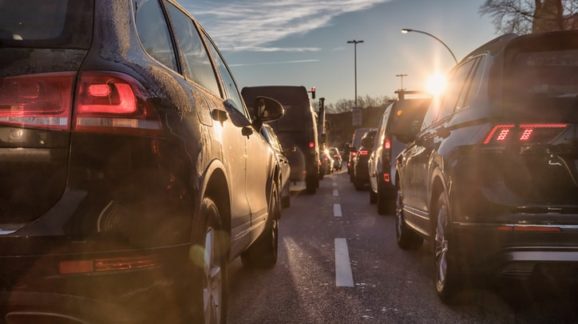Fans of California’s AB5 Are Drunk with Power, MADD Warns

Photo Credit: Getty
Mothers Against Drunk Driving (MADD) is urging Californians to abolish AB5, the state law supposedly meant to prevent worker misclassification by employers. The nonprofit public safety organization says leaving the law in place would drastically limit the availability of app-based ridesharing services, increasing the odds that intoxicated people would take the risk of driving themselves instead.
It’s a surprising announcement that highlights one of the more overlooked aspects in the controversy in the Golden State and elsewhere over ridesharing companies like Lyft and Uber. While the debate has mostly centered on the interests of companies and their drivers, the interests of consumers and the broader public shouldn’t be overlooked. They always benefit from having more choices.
That’s why MADD President Helen Witty urged Californians to vote “yes’ on Proposition 22, the fall ballot initiative that would repeal AB5, in a post Wednesday on the organization’s website. “Drunk driving is the number one killer on California roads. We know that access to ridesharing helps reduce drunk and drug-impaired driving, keeping our roads and communities safe. Simply put: Voting Yes on Prop 22 will save lives.”
Most gig economy companies classify their workers as contractors owing to the random, short-term nature of the work. Legally speaking, the worker is treated as an independent business. This allows for flexible arrangements where the worker can do as much or as little as they like. The companies say this flexibility is integral to their economic model. Regular employees would have to have set schedules, among other differences.
Critics like California Governor Gavin Newsom say that’s just a dodge by the companies to get out of paying overtime, unemployment, health insurance, and other state and federal requirements. The state passed AB5 last year to force all gig economy companies, not just the rideshare ones, to classify workers as employees. The law’s implementation is on hold pending the outcome of the initiative. Uber and Lyft have said they may have to halt all operations in the state if AB5 goes into effect. Even if they stayed, they would have to drastically limit their operations because less than half of their current drivers work for the equivalent of a full 40-hour week. The rest don’t drive enough to make classifying them as employees offset the added expense, so they’d be dropped.
MADD’s Witty warns that if AB5 goes into effect, Californians may no longer be able to quickly summon a driver from their phone if they walk out their favorite bar or restaurant and realize that maybe they should leave their own car in the parking lot and come back for it in the morning.
“Fewer rideshare drivers in California could mean more people choosing to get behind the wheel when they’re under the influence, rolling back the substantial gains that have been made over the past 10 years, in part due to the growth of ridesharing,” she said.